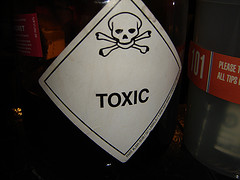The state of California will add glyphosate — the main ingredient in weed-killer Roundup — to a list of chemicals known by the state to cause cancer next month, signaling just the latest battle for Roundup manufacturer Monsanto after the company was accused of writing at least some of an academic research paper used to demonstrate glyphosate’s safety. [More]
chemicals
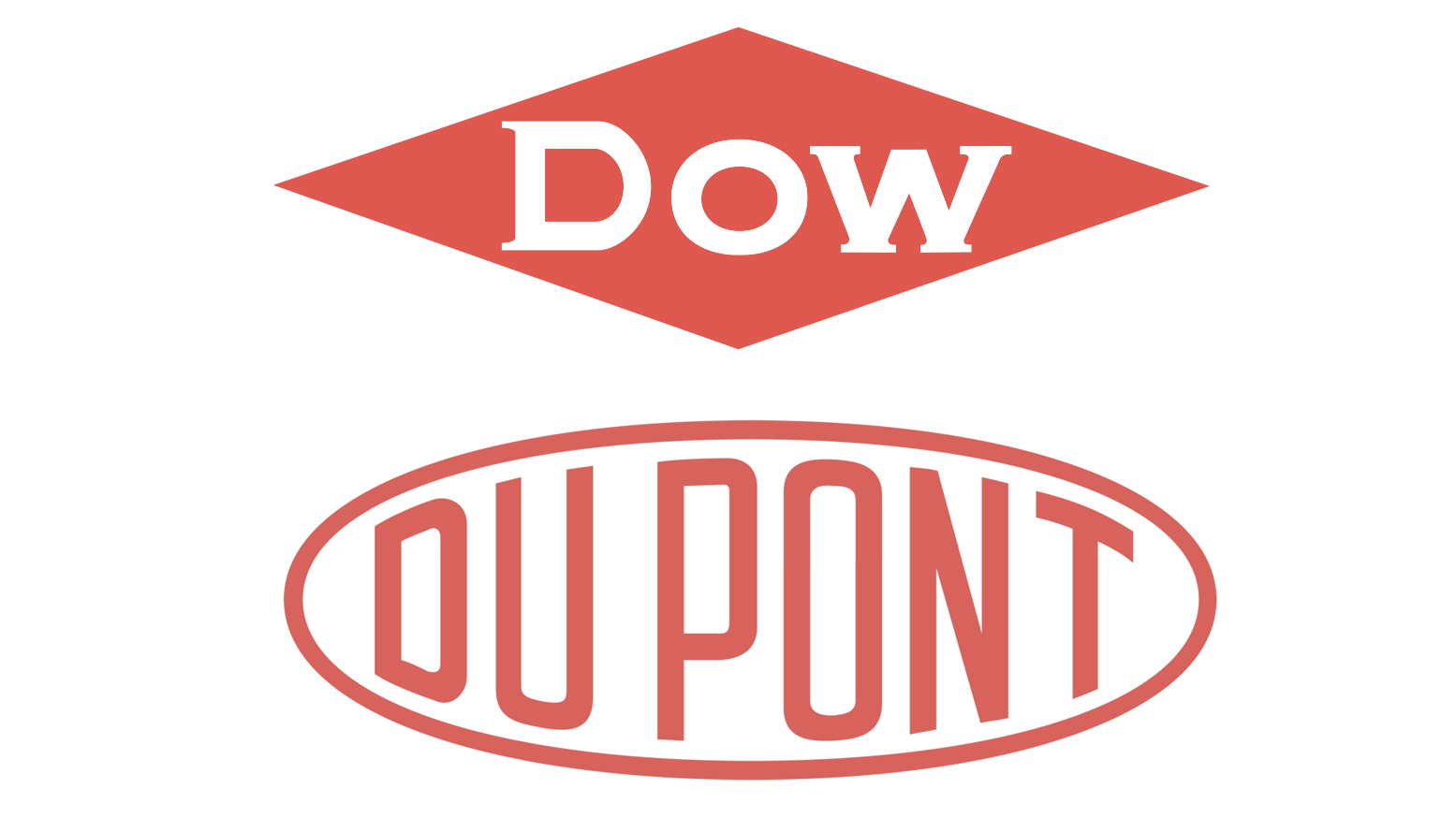
$130B DuPont, Dow Merger Approved After Companies Sell Off Some Products
The two oldest, biggest chemical companies in the country can now live happily ever after together (minus a few products), as federal antitrust regulators have given the green light to this $130 billion mega-merger. [More]
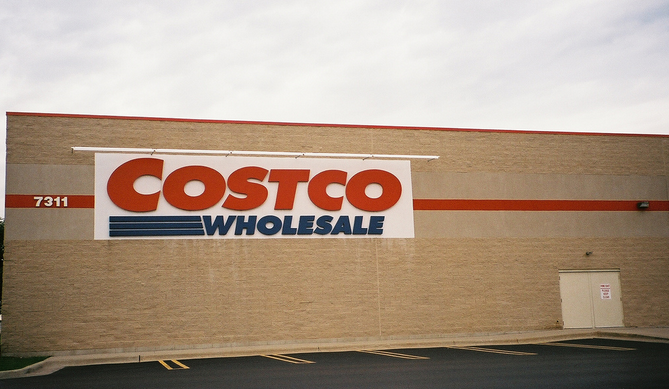
Costco Launches Program To Screen Products For Troublesome Chemicals
The products dotting Costco shelves could soon be changing if manufacturers don’t ditch certain ingredients, as the warehouse store steps up its scrutiny of chemicals in products. [More]
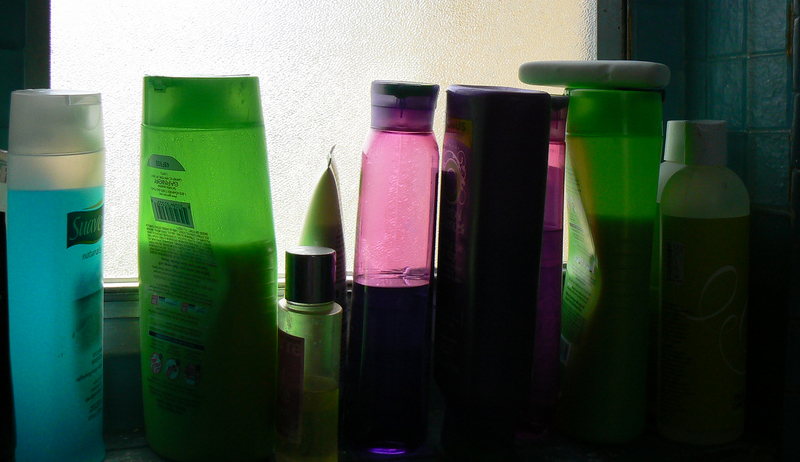
Senators Urge FDA To Ban Possible Carcinogen Found In Shampoo, Lotion
You might not be familiar with “1,4-Dioxane” but it’s a chemical component commonly used in everyday products, such as shampoos, lotions, and cosmetics. It may also cause cancer, which is why a pair of U.S. Senators are urging the Food & Drug Administration to begin the process of eliminating this chemical from consumer products. [More]

Monsanto May Have Ghostwritten Parts Of Reports Concluding That Roundup Is Safe
Glyphosate, the main chemical in the weed-killer Roundup, is one of the most popular herbicides on the planet, but newly unsealed court documents suggest that Roundup’s manufacturer, Monsanto, may have written at least some of an academic research paper used to demonstrate glyphosate’s safety. [More]

Target Unveils Policy Aimed At Removing Potentially Harmful Chemicals From Products
The ingredient lists dotting the aisles of Target could soon get a makeover, one aimed not only at making the lists easier to read, but reducing the amount and types of chemicals used. [More]
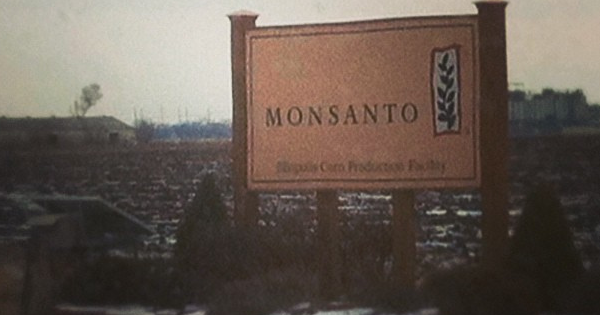
State Sues Monsanto For Decades Of Alleged PCB Pollution
The federal government banned the use and production of polychlorinated biphenyls (PCBs) in 1979 after determining the chemicals are toxic. However, the state of Washington alleges that Monsanto knew as early as 1937 that the PCBs it produced were dangerous, but that company continued to allow them to pollute the state’s waterways. [More]
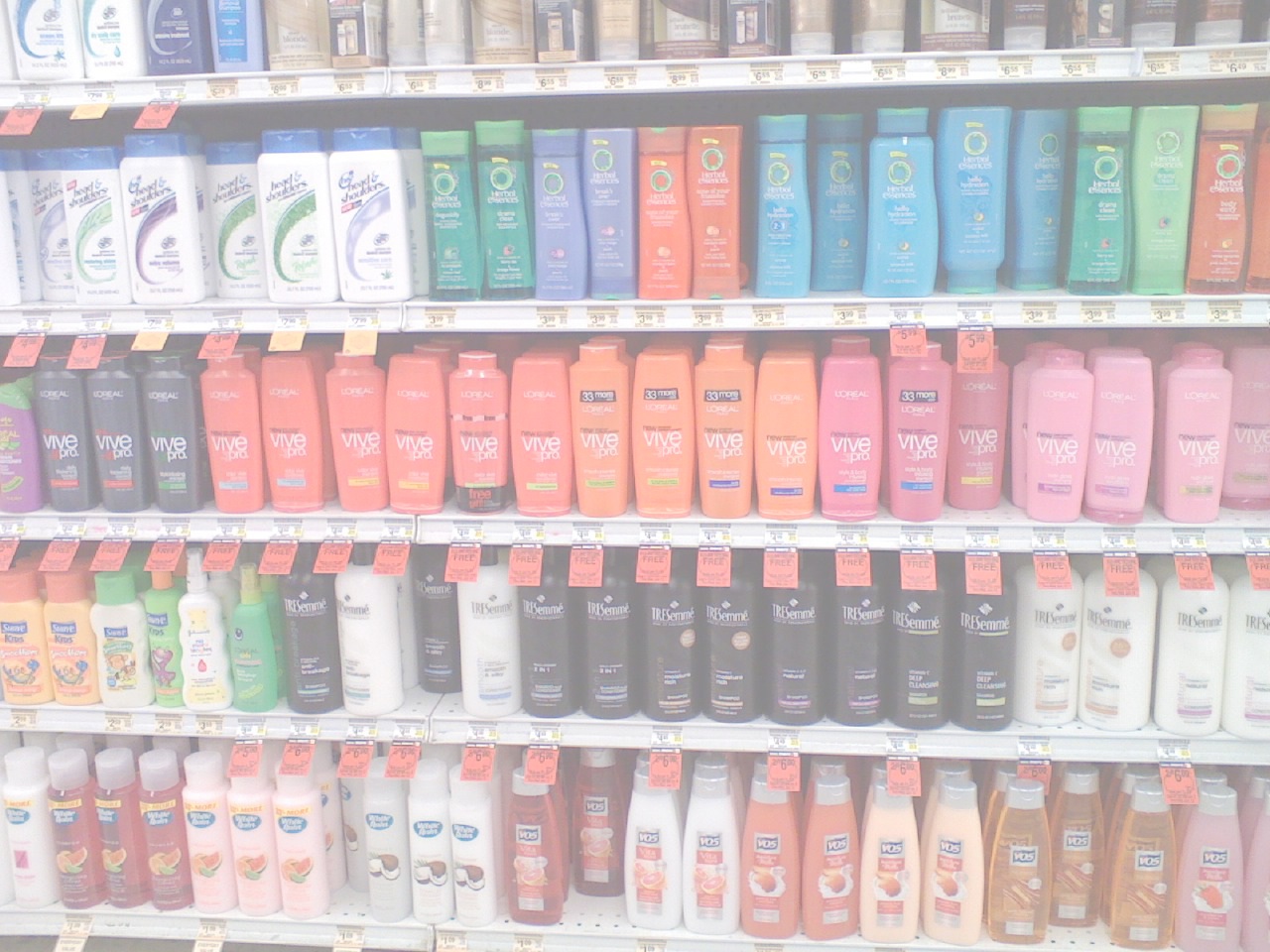
Walmart Encourages Suppliers To Remove 8 Controversial Chemicals From Products
Walmart has a huge amount of power over which products end up on the market. The mega-retailer is now encouraging suppliers to remove eight chemicals from their products. The substances aren’t banned, exactly, but suppliers will have to discolose their presence on any products containing them starting in two years. The list consisted of substances which may be harmful to people, to the environment, or to both. [More]
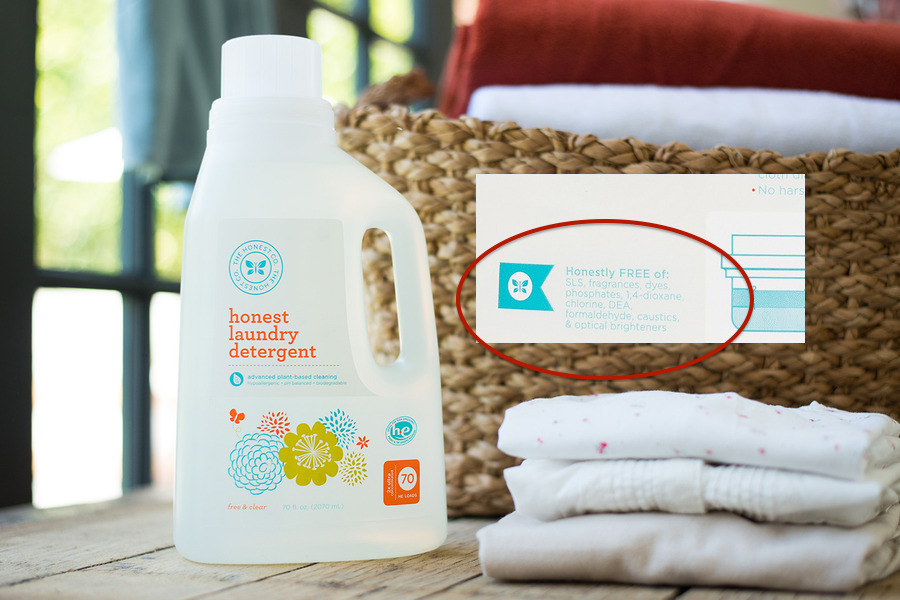
Does Jessica Alba’s Honest Co. Detergent Contain Chemical It Guarantees It Won’t Use?
Sodium lauryl sulfate (SLS) is an organic chemical derived from coconut oil and it is commonly found in everything from laundry detergent to toothpaste. SLS is also one of the ingredients that Jessica Alba’s Honest Co. pledges to avoid using in its products. However, a new study claims that tests turned up SLS in Honest laundry detergent — an allegation the company is now denying. [More]
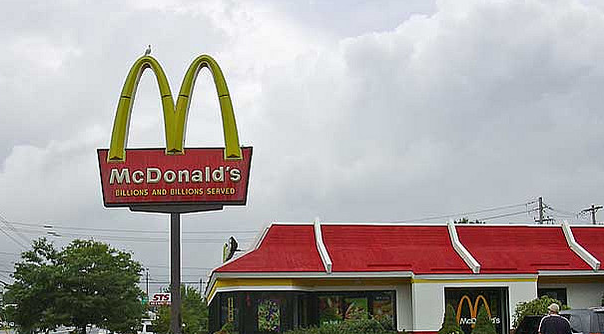
Multiple McDonald’s Locations Forced To Close After Prank Callers Convince Workers To Test Fire System
When I think of prank calls, I conjure up images of teenage girls huddled around their clear plastic phones, calling boys in their class and hanging up. You know, harmless fun. But sometimes prank calls can turn into something bigger, and even potentially dangerous: three McDonald’s restaurants in Oregon shut down over the weekend after a caller convinced employees to activate fire suppression systems, spewing chemicals over kitchen appliances. [More]
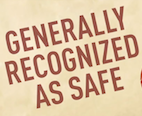
Potentially Harmful Chemicals Find Their Way Into Our Food Thanks To 56-Year-Old FDA Rule
There are a number of federal protections to keep unsafe chemicals out of our favorite foods. But more often than not, those protections fail consumers. A new report by the Natural Resources Defense Council explores one of those failures: Generally Recognized As Safe (GRAS) designation. [More]

Beaver Anal Gland Sacs & Other Weird Stuff You've Probably Eaten
All the talk about “pink slime” had us wondering, “What other weird things have we been eating?!” While the answers provided by the foodies at Consumer Reports often didn’t come with illustrative names such as pink slime, it did leave us a better bit informed — and a lot less hungry! [More]

Activists Say Johnson & Johnson Baby Shampoo Is Dangerous
Concerned about chemicals in Johnson & Johnson’s Baby Shampoo, consumer activists are calling for a boycott of the product. The Campaign for Safe Cosmetics, which claims to encompass 3.5 million people in 25 groups around the world, says the formaldehyde-releasing preservative quaternium and suspected carcinogen dioxane, which are found in the shampoo, could pose a danger to children. The group says some versions of the product in other countries don’t contain quaternium, and that there’s no reason those in the United States need to have the chemical. [More]

The BPA! It's On Your Receipts! Get It Off Aaaa!
The Environmental Working Group has a theory to explain why bisphenol-A, the controversial chemical that’s sometimes found in plastic bottles and can linings, shows up in the urine of over 90% of the population: it’s on paper receipts. The group found BPA on 40% of receipts collected from the sorts of businesses you visit every week, with the concentration topping 1000 times that of a can lining in some cases. [More]

Lawsuit Asks FDA To Regulate Sperm-Damaging Antimicrobial Soap Chemicals
Thirty years ago, the FDA considered regulating two toxic chemicals that can damage reproductive organs, sperm quality, and hormone production. Rather than do something, the agency instead did nothing. Last week, the National Resources Defense Council sued the agency, asking them to finally finish the job and regulate the chemicals triclosan and triclocarban. [More]
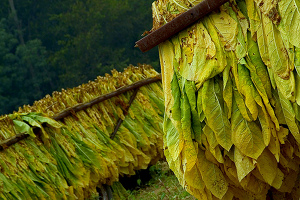
FDA Wants Tobacco Companies To Submit Ingredients List By June
“Tobacco products today are really the only human-consumed product that we don’t know what’s in them,” the director of the FDA’s Center for Tobacco Products said to the Associated Press. To address that, the agency has told tobacco companies to provide a list of the ingredients in their cigarette brands by June 2010. The FDA says it won’t publicize a lot of the data in order to protect trade secrets, but that by June 2011 it will publish a list of “harmful and potentially harmful” ingredients, at which point tobacco companies will have to start listing the amounts of each one on their products. [More]
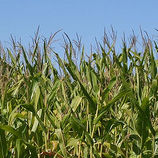
EPA And Academics Fight Over Notifying Public Of Weed-Killer In Drinking Water
Atrazine—a widely-used herbicide—is one of those chemicals for which there is no evidence it will kill you or give you cancer or make your eyes fall out. It’s true that it’s been linked to egg production in male frogs, but I think we can all agree that frogs pretty much want to mutate and will apparently do so at the slightest chemical nudge. The question for Americans is, should the EPA have notified affected citizens in the four states where atrazine has exceeded federal safety limits? Because it didn’t.


